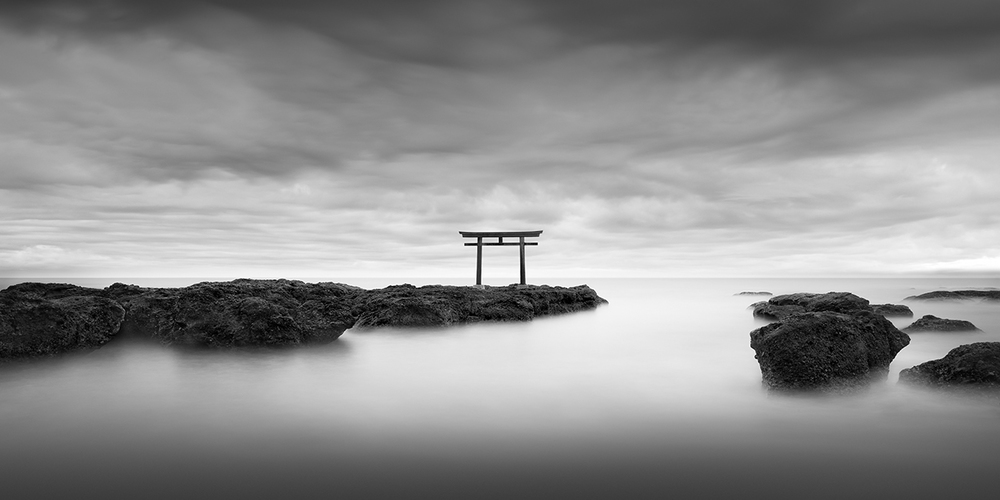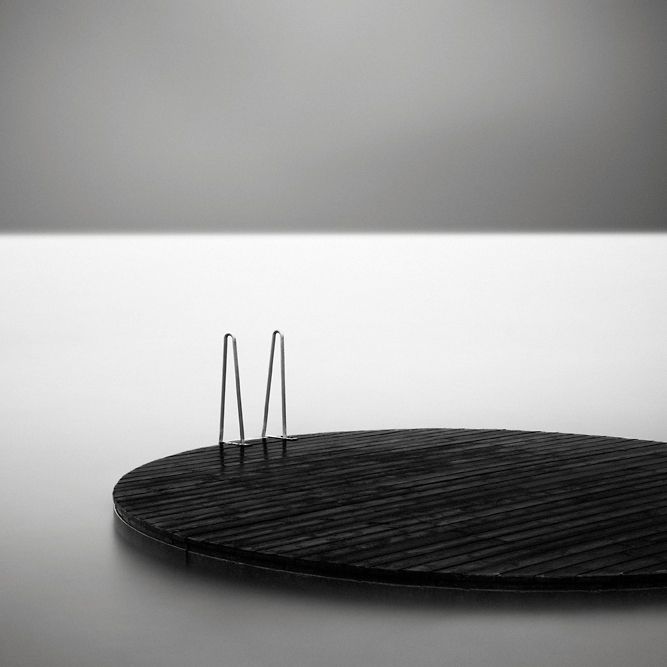[vc_row][vc_column][vc_column_text css=”.vc_custom_1535731485997{margin-bottom: 0px !important;}”]By: Kanika Arora

How often do you find yourself huddled over a device scrolling through social media, texting friends or responding to email, completely overwhelmed with the expectation to always be ‘on’? What about that ever-growing pile of miscellaneous items in the corner that bothers you but continues collecting dust, day after day? We’re living in an increasingly complex and connected world, where our obligations are more extensive than ever. We have become conditioned to accept the stressors triggered by mounding emotional and physical clutter as normal, but truthfully, this level of stress is anything but.
What if stress could be reduced and life could become a little more balanced? The traditional Japanese space-time concept of ‘Ma’ creates peace of mind by identifying the power of “negative” (negative spaces, a void, a deliberate pause, a gap, an interval.) This void (Ma) creates enough room for our thoughts to exist properly and thrive in a culture where being busy has become the new normal. Here’s 5 co-related steps to help relieve stress by living a life of simplicity:
Identify what is valuable (because, truly, not everything is.)
When there is too much clutter, nothing stands out and even important things lose their value. Have you ever looked around your home or workplace and felt overwhelmed with the amount of stuff surrounding you? How much of it truly brings you joy or makes your life easier and more fulfilled? How much of it has no function, no story, no purpose and no sentimental value? The truth is, unless it adds value to your life, it adds chaos. Junk drawers exist to hide the chaos, but what if the junk didn’t exist at all? The first step of adopting a more balanced, minimalistic lifestyle is to identify what’s actually important and what isn’t.
Discard Therapeutically.
We need to prioritize our life and our spaces. Once you’ve identified what adds value and what’s adding to the stress in your life, you can discard with intention. There’s a reason some people clean or re-arrange their furniture when they’re stressed. The act of getting rid of what’s unnecessary is therapeutic and contributes to calmness.
Practice the art of sitting still.
True contentment often comes when nothing’s happening at all, yet culturally, we avoid stillness. We commute with the radio absentmindedly turned on. We’re looking at our phones during dinner and before bed—anything to avoid an “awkward” silence. We seek to fill these pauses in life, which leaves no space or time to re-set. Silence doesn’t have to be uncomfortable—it can contribute to renewal.
Stop scratching the coin for something more.
With every year that passes, there is more stimuli, more media, more options, AND MORE DISCONTENT. There is immense dissatisfaction in trying to curate a picture-perfect life. See step #2—If you’re feeling caught in a comparison trap and feeling pressure to accumulate more stuff to impress more people, it’s time to discard—both in terms of physical objects and by unfollowing anyone who makes you feel like your life is less-than. Meditate. Breathe. Destress.
Start and end with intention.
So much of our life is lived in a fog of automatic reflexes and habitual behavior; and as a consequence, it’s easy to feel that there’s not enough time to do everything properly. Have you ever asked yourself “where did the week go?” Days, weeks and months blur together because we don’t take the time to deliberately begin and end our tasks. By intentionally giving our tasks space to exist, we bring focus to our lives.
[/vc_column_text][/vc_column][/vc_row]








